Forum On Hellenism To Feature Benaki Museum Presentation And Exhibits
Pavlos Yeroulanos
The Hellenism Forum on Thursday, February 18, 2016 will feature a presentation by Pavlos Yeroulanos, Greece’s former Minister for Culture and Tourism, along with exhibits from the Benaki Museum of Athens. Yeroulanos is the great-grandson of the museum’s founder, Antonis Benakis. The Benaki Museum exhibits, mounted at the Museum’s expense prior to a United States tour, will comprise 40-50 exact replicas from the museum illustrating Greek art from the pre-historic to the contemporary period, a replica of the notable St. Nicholas Icon, and the original album of photographs from the first modern Olympic Games held in Athens in 1896. The Exhibits will open with an Agiasmos (blessing) by His Eminence Archbishop Demetrios of America.
The Benaki Museum is the only museum in the world that covers the history and art of Greek Civilization from pre-historic times until today. The mission of the Benaki is to safeguard and promote Greek culture, to study the links between periods of Hellenism and their interaction with neighboring cultures, and to provide visitors, students and scholars with a comprehensive narrative of the Greek impact on world history.
Antonis Benakis, who founded the Museum in 1930 and donated it to the Greek state in 1931, was a Greek of the diaspora, a true internationalist. His legacy and his family’s vision of a new and greater Greece is as alive today as it was during the Museum’s founding. His commitment to Greece, its people and its heritage will continue to guide the actions and set the priorities of the Museum for many years to come.
Through time, the Benaki Museum has become a depository of trust for both Greek collectors and philanthropists from many nations, who have enriched and expanded its collections and supported its programs. Today, the museum is composed of five different museums which display more than 500,000 artifacts, four research centers and unique archives that house 130,000 books, periodicals and rare documents, 500,000 photographic negatives, 50,000 original photographs and numerous documents and records that relate to history, architecture and the performing arts. The third most popular museum destination in Athens, after the Acropolis and the New Acropolis Museum, its international reputation places the Benaki among the most respected cultural institutions worldwide.
The main themes of the Museum’s public activities embrace Archaeology, Byzantine and Post-Byzantine Culture, Neo-Hellenic Art and Material Culture, European Art, Islamic Art, World Cultures, Design, Architecture, Photography, Music, Theatre, History and Literature. Main Collections include Greek Civilization, Islamic Art, Chinese Pottery and a Library holding the largest collection of books operating in a museum in Greece. Archives include the Photographic Archives, the Neo-Hellenic Architecture Archives, the Historical Archives and the Performing Arts Archives. Departments include Conservation and Information Technology.
The Museum welcomes over 150,000 visitors per year and offers a wide range of educational and cultural activities for all ages. With a breadth and variety of collections that sets it apart and a range of activities serving various social needs, the Benaki Museum is best described not as a historical museum, an art museum or a museum of decorative arts, but as a museum of Greek Civilization that brings Hellenic Culture into dialogue with world cultures.
In response to the economic crisis in Greece, the Benaki has renewed its commitment to vigorously promote Greece and Hellenism around the world and has refocused its energy to advance a new and positive narrative for the country and the continuing significance of Greek culture. To do so, the museum has opened a branch in Melbourne, Australia and has designed and is executing a long-term presence in the United States. The Museum wants all Hellenes, pan-Hellenes and people everywhere to reconnect with or learn of the perennial contributions of the Greeks to all human endeavor and to understand that there is far more to the country than what has often been reported in the media.

